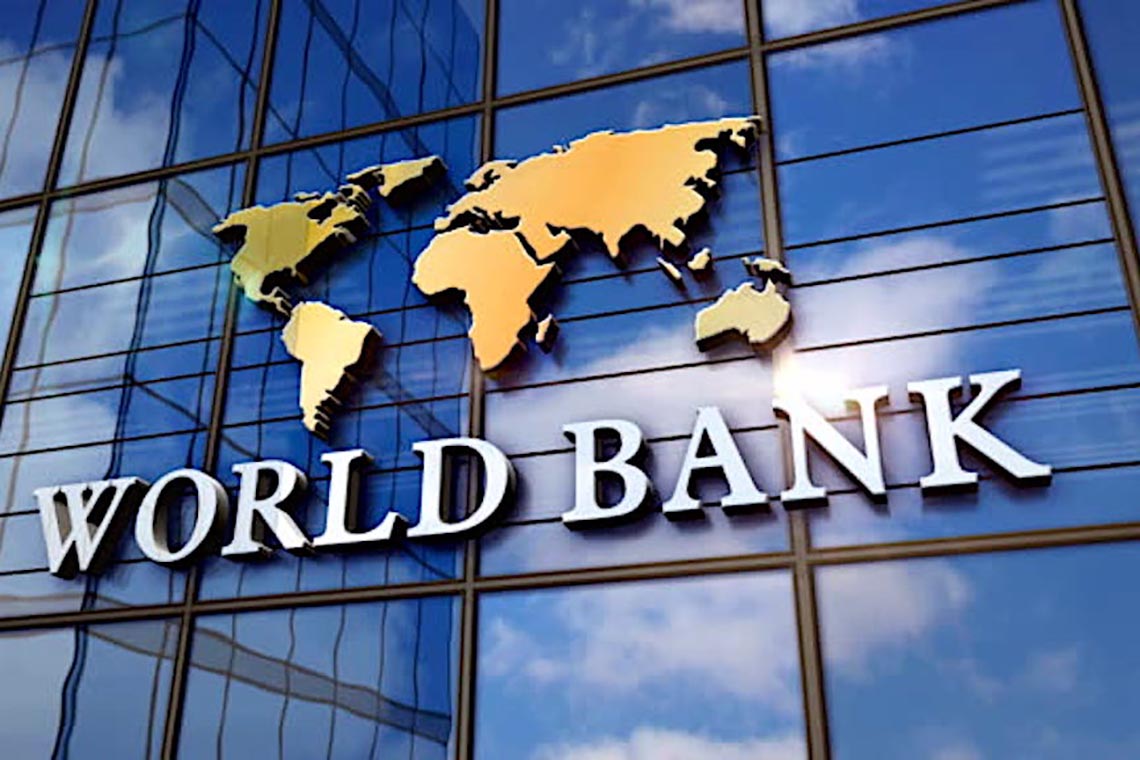BUSINESS

WORLD BANK APPROVES $40M LOAN TO BOOST HEALTHCARE ACCESS FOR POOR NIGERIANS
The World Bank has approved a $40 million loan to strengthen financial protection for Nigeria’s poor and vulnerable populations through a new health programme.
The facility is part of a broader initiative—Human Capital Opportunities for Prosperity and Equality – Health Programme-for-Results (HOPE-Health-PforR)—which was endorsed by the bank on September 26, 2024. The total package includes a $500 million credit from the International Development Association (IDA) and a $70.01 million grant from the Global Financing Facility.
The programme will run until June 30, 2029, with the $40 million earmarked under Disbursement Linked Indicator 3 (DLI 3). This component aims to enhance financial protection for economically disadvantaged Nigerians through health insurance and similar schemes. Disbursement is performance-based, meaning the federal government will only receive funds—later passed to eligible states—once specific, verified targets are met.
This allocation is part of Result Area 2, which focuses on improving the use of essential health services. A total of $272.5 million is allocated for this segment—$239 million from the IDA and $33.5 million in grants.
According to documents reviewed by Sunday PUNCH, the DLI is both scalable and time-sensitive, meaning releases are contingent upon implementation progress within set timelines.
The core goal of the HOPE-Health programme is to improve access to quality healthcare and strengthen Nigeria’s overall health system. It emphasizes equitable service delivery, maternal and child health improvements, digital infrastructure expansion, and institutional reforms at both federal and state levels.
The programme blends the Program-for-Results (PforR) approach with a technical assistance element funded via Investment Project Financing (IPF). This component will support the capacity-building of key agencies like the National Primary Health Care Development Agency and the National Health Insurance Authority.
Additional initiatives include the deployment of public health fellows to all 774 local government areas, rollout of digital health systems, and the expansion of maternal health innovations, especially in underserved and climate-affected regions.
The initiative follows a Sector-Wide Approach (SWAp), encouraging coordination among development partners and national stakeholders under a unified framework.
With out-of-pocket payments still dominating healthcare expenses in Nigeria, the $40 million is seen as a crucial step toward easing the financial burden on the poorest citizens. However, disbursement will depend on measurable outcomes, such as enrolment numbers and demonstrated impact on protecting vulnerable groups from catastrophic health spending.
Meanwhile, the World Bank’s April 2025 Africa’s Pulse report projects that poverty in Nigeria could rise by 3.6 percentage points by 2027, blaming weak oil prices and fragile governance. It noted that Sub-Saharan Africa remains the world’s poorest region, housing 80% of the world’s 695 million extremely poor people in 2024—with Nigeria among the four countries accounting for half of that figure.
The report attributes this trend in resource-rich but unstable countries to a recurring pattern where natural wealth, coupled with fragility or conflict, results in some of the highest poverty rates—estimated at 46% in 2024, compared to 33% in more stable, resource-rich nations.
In a related development, Professor Nentawe Yilwatda, Minister of Humanitarian Affairs and Poverty Reduction, disclosed that six million Nigerians have benefitted from the government’s Conditional Cash Transfer (CCT) scheme over the past six months—compared to only two million over the previous nine years.
“We’ve adopted a more efficient strategy. Previously, only 200,000 people were reached per year. Now, we’re digitizing households in the social register, assigning digital IDs, creating e-wallets, and performing physical verifications,” Yilwatda said.
He revealed that 15 million Nigerians are expected to be enrolled in the programme by October 2025, based on President Bola Tinubu’s directive to reach that milestone within nine months.
To ensure transparency, the ministry engaged the World Bank to independently verify the identity of beneficiaries. “For the first four million disbursed, a World Bank team confirmed that 96% were genuine recipients. The remaining 4% were either in hard-to-reach areas or had relocated due to insecurity,” the minister added.
"This represents a significant development in our ongoing coverage of current events."— Editorial Board









